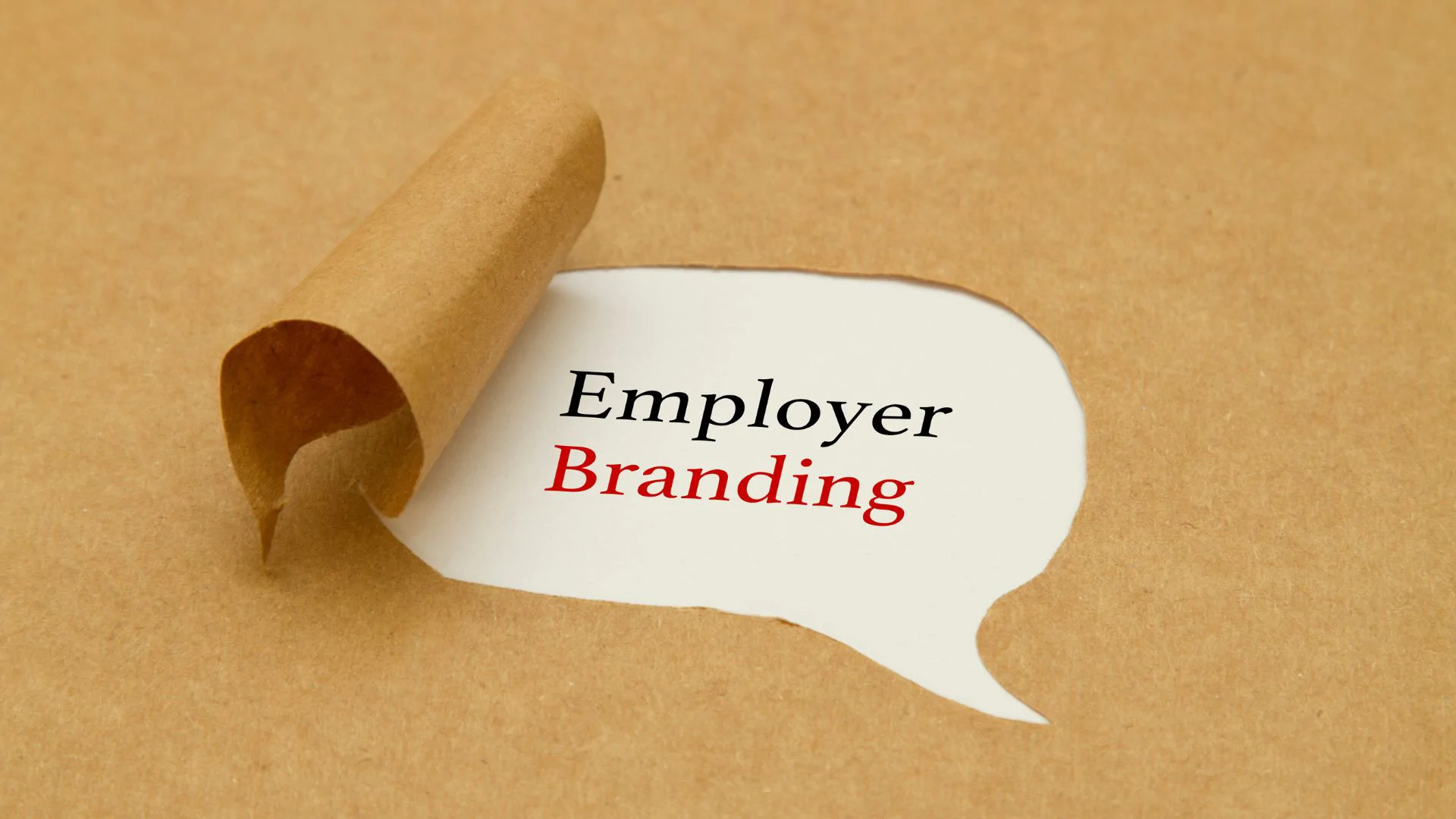Secrets of the Gender Pay Gap in the Accountancy Industry
14 Sept, 20231-2 minutes
Accountancy, like the rest of the financial and professional world, has historically been one of the worst offenders when it comes to gender balance. Gender inequality remains a significant issue in the field of accountancy. Despite significant progress, there is still work to be done to address issues like the gender pay gap and the underrepresentation of women in roles across accounting firms.
In this blog, we uncover the secrets behind the gender pay gap in the field of accountancy, with a focus on the factors contributing to gender inequality. Gain insights into the challenges women face in accountancy and explore what can be done to create a more inclusive and gender balanced industry.
In this blog, you will learn
- The challenges for women in the accountancy industry
- What is being done to address gender inequality in the accountancy industry
- Which accountancy firms are taking gender equality seriously
- What the current gender pay gap is for women and men in the accountancy industry
- Where the latest accountancy jobs are and how to apply for them
The challenges women face in the accountancy industry
Like most professions, the accounting industry is male-dominated and until the Sex Disqualification (Removal) Act was introduced in 1919, women could not join professional accounting bodies because of their gender.
The Act enabled women to become Accountants, Solicitors, and other professional bodies, and universities could admit women to membership or degrees for the very first time.
Here are some challenges women in the accountancy industry face:
- Perhaps the biggest challenge women in accountancy face is the gender pay gap. According to a survey performed by Censuswide women are paid around 23% less than men in the same finance roles. While this figure is 7% less than in 2022, it highlights that UK pay equality is falling further behind other countries – which have less disparity. It’s reduced by about a quarter over the last decade, but still sits at 8.3% on average, as of April 2022.
- According to Censuswide, women were 13% less likely to believe that a career in accountancy was attainable than men. If women feel a career in accountancy is impossible, this can be a factor in the visibility of women in managerial roles.
- The underrepresentation of women in leadership roles accounts for the low percentage of women in accountancy. According to the Office for National Statistics 75% of senior or leadership positions in accountancy were still held by men in 2020. A lack of role models and mentors in accountancy means that less women feel inspired to advance their careers or become Accountants. Visibility is important, as it can encourage progression and professional growth.
- Work-life balance is another challenge that women in accounting face. Many women struggle to balance their careers with family responsibilities, which can make it difficult to advance in the profession.
- Issues regarding childcare and maternity leave, indicates that women in accountancy still don’t feel they’re being supported and encouraged to progress without compromising on their families. This accounts for the low retention of women in accountancy and highlights the need for gender equality and increasing opportunities for women to discuss issues and concerns.
- According to research from Instant Offices, just 12% of accountancy and auditing businesses established in the UK in 2022 were started by women. These findings are consistent with the claims that women experience unconscious bias as they have less access to finance, and lack professional networks.
What is being done to address gender inequality in the accountancy industry?
Gender inequality in the accountancy industry is a pressing issue, but a proactive approach and various initiatives are being implemented to address it. Measures to promote diversity and inclusion in the workplace include supporting women’s initiatives, career opportunities, and professional development programs, as well as providing flexible work arrangements and other benefits to promote work-life balance for women in accounting.
The Financial Conduct Authority (FCA) sets positive diversity targets for companies, if they cannot meet them, they need to explain why not. In 2022, they launched two targets centred around gender diversity:
- at least 40% of the board should be women.
- at least one of the senior board positions must be a woman.
Professional services network, PricewaterhouseCoopers (PwC) proposed that an effective Equal Paid Parental Leave Policy would deliver broad benefits, including increasing women’s lifetime earnings, helping to close the gender pay gap.
Based on their findings, PwC predicts that this policy would narrow the gender imbalance and allow more women to remain in full time employment and reduce costs to recruit and retrain new employees.
Implementing family-friendly policies and encouraging men to take parental leave rather than promoting and rewarding Accountants who are available 24/7 could promote diversity in leadership positions and help to narrow the gender gap.
If you’re looking for strategies on how the Accountancy industry can address diversity, our recent guide delivers plenty of powerful tips.
Which accountancy firms are taking gender equality seriously?
Many accountancy firms in the UK are taking strides on gender equality and promoting diversity within their organisations. Several accountancy firms are leading the way on gender equality and enforcing gender balance and diversity in the workplace. Some of these firms include:
- PwC - Over the past year, PwC have been working on closing the gender pay gap by collaborating with people who shape and contribute to gender inequality. Their Gender Balance Network brings people together in conversation on gender and equality to create valuable change.Their five-point action plan takes action to drive change in their firm and promote equality.
- Deloitte - Since 2019, Deloitte has increased female representation in both member firm partnership and other leadership roles. 25% of member firm partners, Principals and Managing Directors are female, with the goal of reaching 30% by 2025. Their progress and commitment to achieve gender pay equity includes conducting research into critical gender equality-related issues. For more than 20 years, Deloitte has been a supporter of Catalyst, a global nonprofit organisation aiming to build workplaces that work for women.
- Grant Thornton UK - In their vision to remove gender disparity and recognising the need to tackle gender barriers, Grant Thornton has a number of initiatives including enhancing family leave policies, a gender equality network and offering a male allyship programme to educate men on the importance and benefits of gender equity. Their 2025 gender strategy includes stretching targets to increase the representation of women at senior levels.
- KPMG UK - KMG UK has their very own gender equity action plan to promote diversity and gender equality. By 2030, they are committed to having a minimum of 40% female colleagues and 40% male colleagues in the relevant population, with the other 20% flexible. KPMG UK has been recognised in the Times Top 50 Employers for Women for 12 consecutive years. They are also a signatory of the HMRC Women in Finance Charter and the Tech Talent Charter. They signed up to the HM Treasury Women in Finance Charter in September 2017 to promote gender diversity and work together to build a more balanced and fair industry.
How many women work in the accountancy & finance industry?
According to the Association of Chartered Certified Accountants (ACCA), women account for approximately 46% of all Accountants and Auditors in the UK. Globally, women make up a significant percentage of Accountants and Auditors.
Men still outnumber women in accountancy and finance, and according to the same search, just 20% of women were positioned in senior roles within the sector.
What is the current gender pay gap for women in the accountancy and finance industry?
The gender pay gap means that, despite apparent progress in workplace participation, in reality women still face gender inequality and aren’t offered the same opportunities as men. Young people remain aware that there is a pay-gap in most lines of professional life, and in the UK, pay disparity remains a huge issue.
According to Financial Accountant the gender pay gap in the accountancy profession sits at 6.6% – with women earning, on average, £22.03 per hour, and men earning £23.59. This is a significant improvement from the gap reported by the Big Four* firms a few years ago when the gaps at those firms ranged into the high teens.
Since 2017, organisations in the UK with more than 250 employees are required to report their gender pay gap data. This could be behind the recent gradual improvement in the pay gap but there is still more to be done to tackle this.
*The Big Four firms being Deloitte, Ernst & Young (EY), PricewaterhouseCoopers (PwC), and Klynveld Peat Marwick Goerdeler (KPMG)
Accountancy jobs and recruitment services
Searching for accountancy and finance recruitment services or your next accountancy job? Our team would love to hear from you! You can speak to one of our specialist consultants, Lauren Bailey, or upload your CV on our website to discover all the latest jobs first!
Searching for your next role now? Make sure you discover how to choose an accountancy practice that’s right for you in one of our recent articles!
If you’re struggling to fill a role, why don’t you give us a call on 01772 954200 to see how we can help? One of our consultants will be happy to listen to the challenges which you are facing and advise on the best possible solution for you.
Meet Lauren Bailey
Who is Spencer Clarke Group?
Since 2017, we’ve been innovative beyond the mere mechanics of recruitment in our aim to affect positive change. From the way we conduct business, to matching the perfect candidates with the perfect job, we’ve been driven by our commitment to provide the best possible salary, standard of living and work life balance to candidates. We take pride in prioritising well being, improving mental health and creating positive change.




